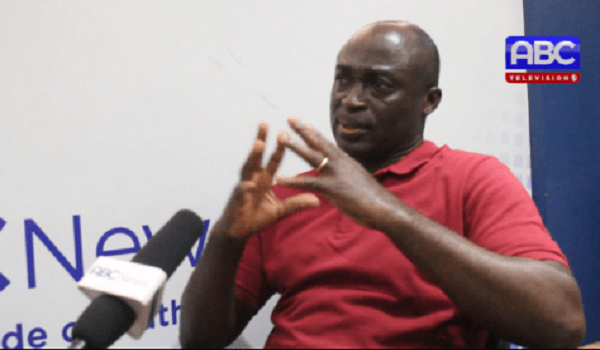The President of Ghana Hotels Association, Dr. Edward Acker Nyameke, has said that because of the recent outbreak of the coronavirus in the country the oxygen supply to their businesses have taken a huge hit.
According to him, the oxygen supply to the hotel business, that is customers are no longer patronizing them out of fear.
READ MORE: Gov’t should support us with distress alleviation package – Hotels Association
Speaking in an interview on Happy98.9FM’s Happy Morning Show, Dr. Edward Nyameke had this to say, “The impact of COVID-19 on the industry is obvious to everyone. We thrive on guests coming to the hotels but people who rent our rooms and use our restaurants are not doing so anymore. They are our source of oxygen and this has severely affected our business”.
According to him, with the coronavirus pandemic rampaging the country, Ghana’s borders were closed and international guests who make up a huge percentage of the industry’s business were cut off.
He furthered that even the local guests have stopped visiting the hotels. “The virus has caused fear and panic and people have stopped going to hotels. There are no business conferences or forums going on now, and this is affecting our business,” he noted.
Dr. Nyameke added that a lot of hotels have closed down because there are no guests, and that the few that are opened are those with guests caught in Ghana after the border closure.
READ MORE:COVID-19 is not an instant killer- Dr Pamboe
With hotels taking a big hit, the industry which contributes to employment in the country is trying hard to avoid sending staff home. Some of them have the options of retaining their staff on payroll whilst home, and a few have laid of their staff because of the financial constraint on them.
With the outbreak of the novel coronavirus in Ghana, the President has implemented stringent measures including the closure of the Ghanaian borders to help control the spread of the virus. Though the border closure was a good strategy, it has also impacted some industries in the Ghanaian economy.
By: Joel Sanco



















